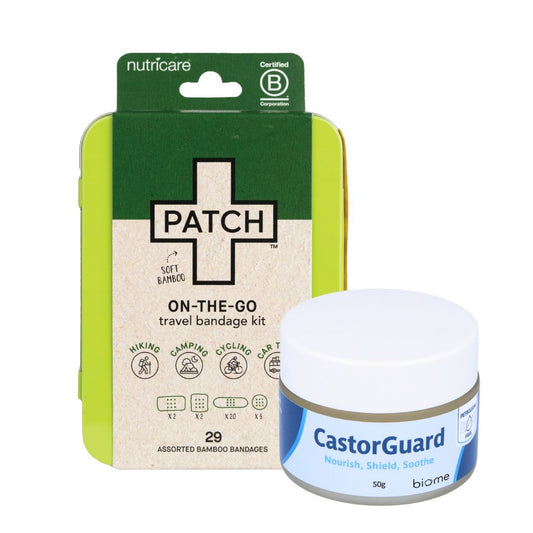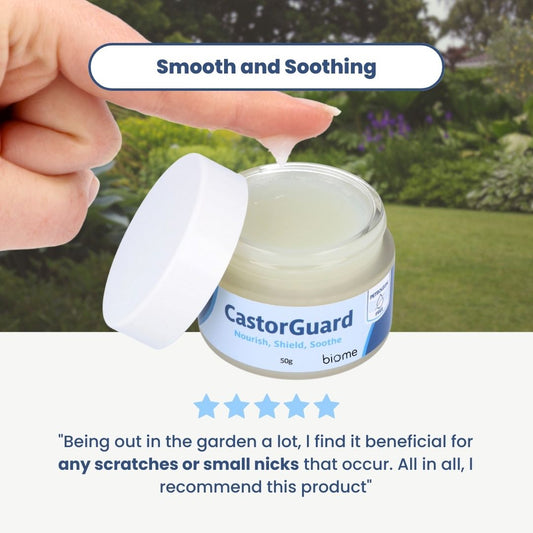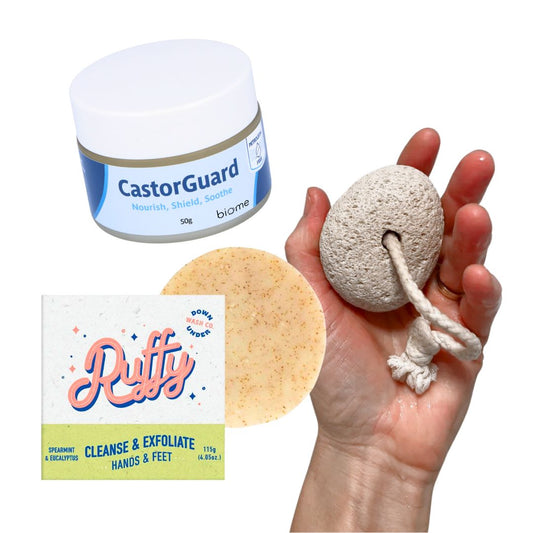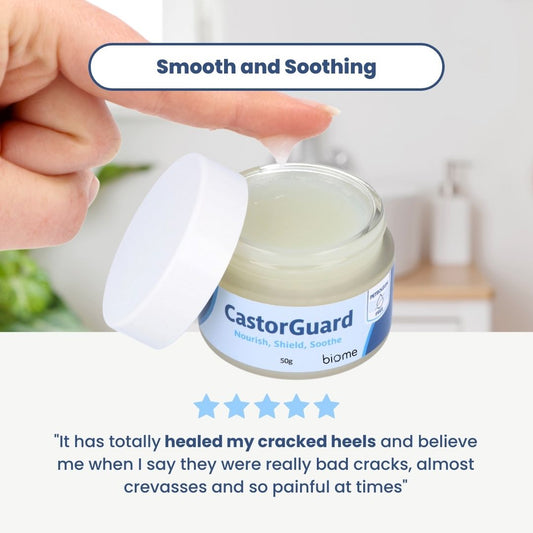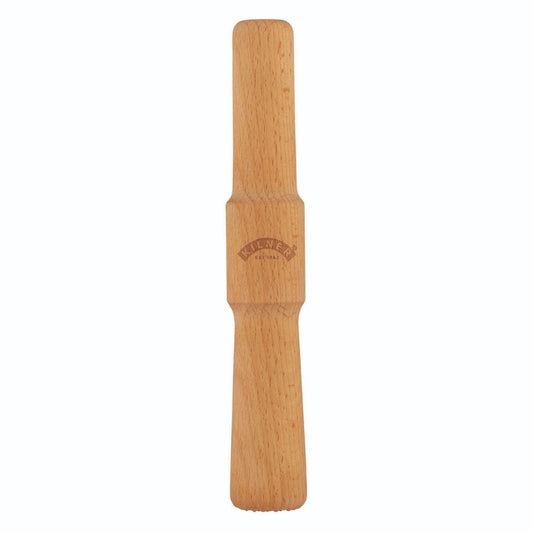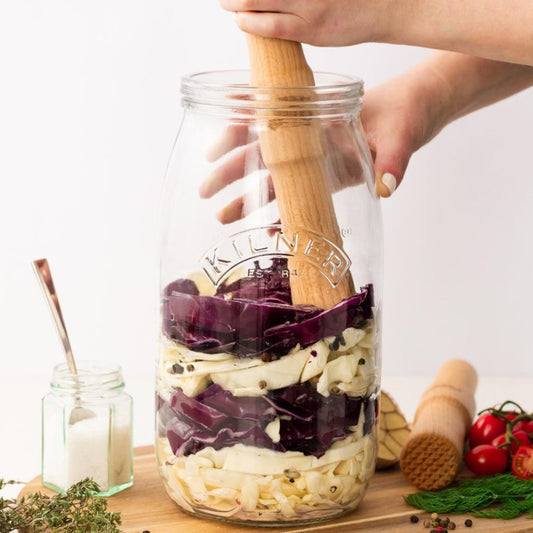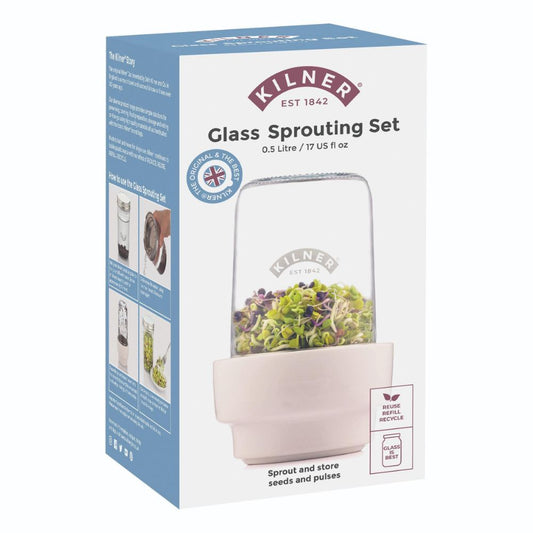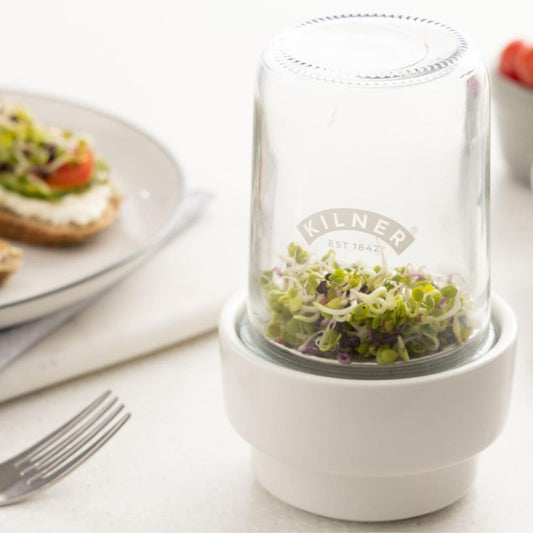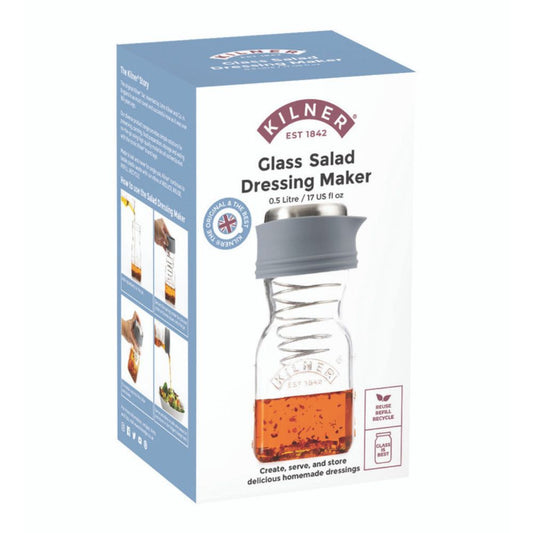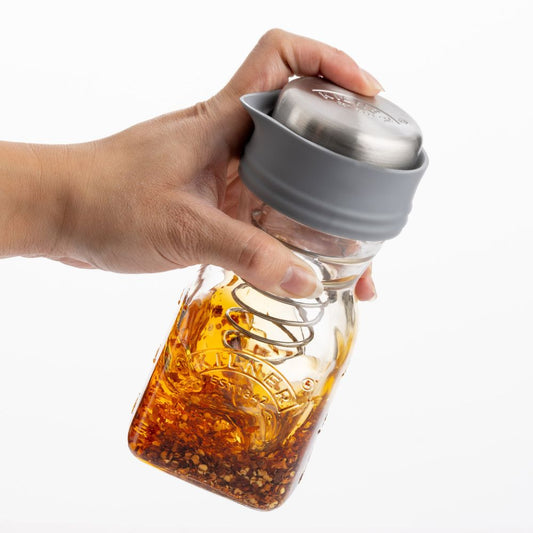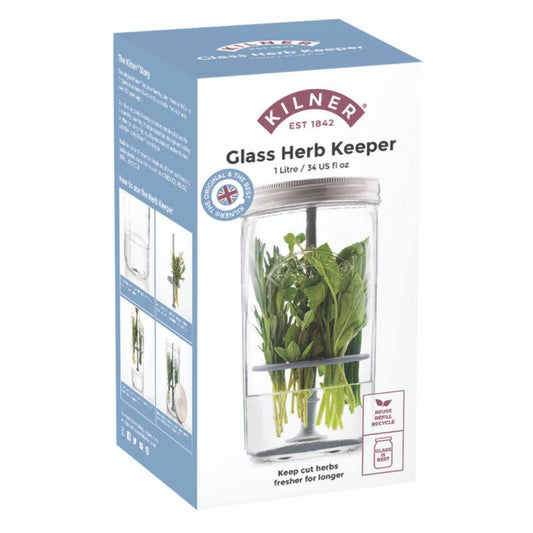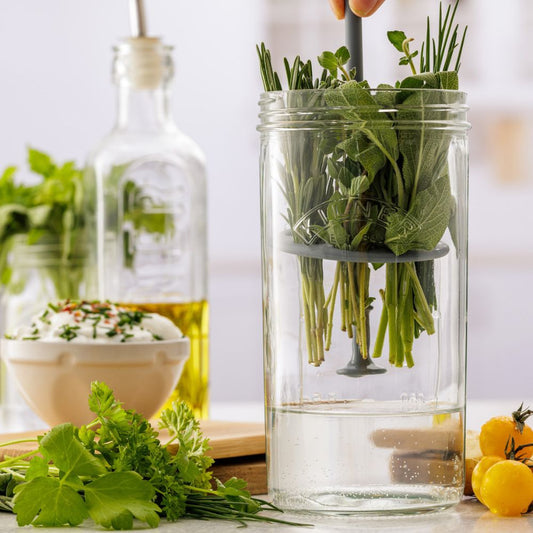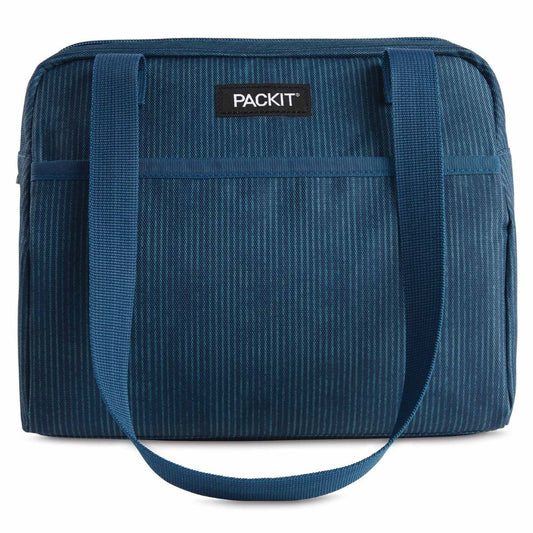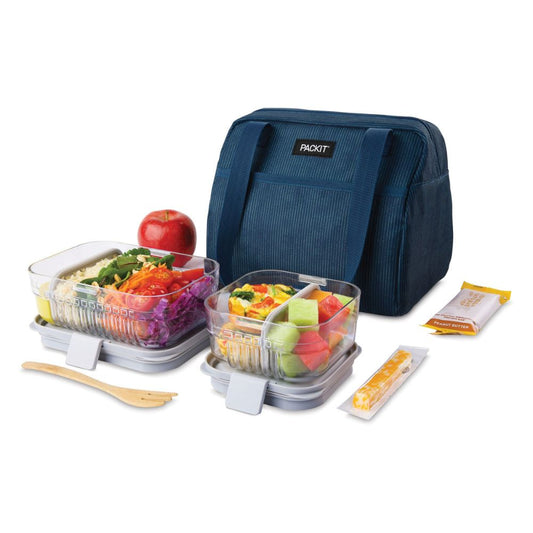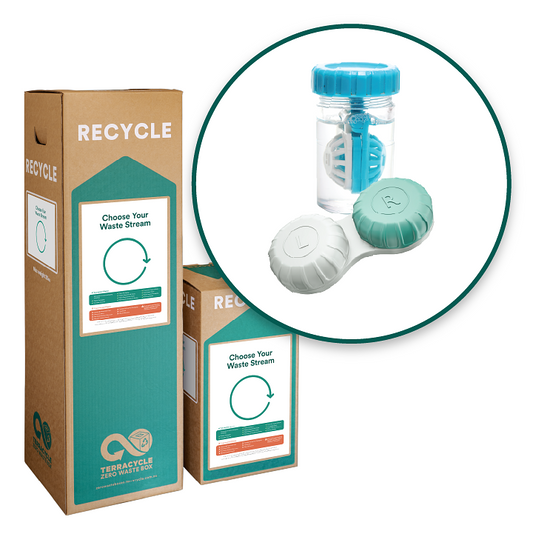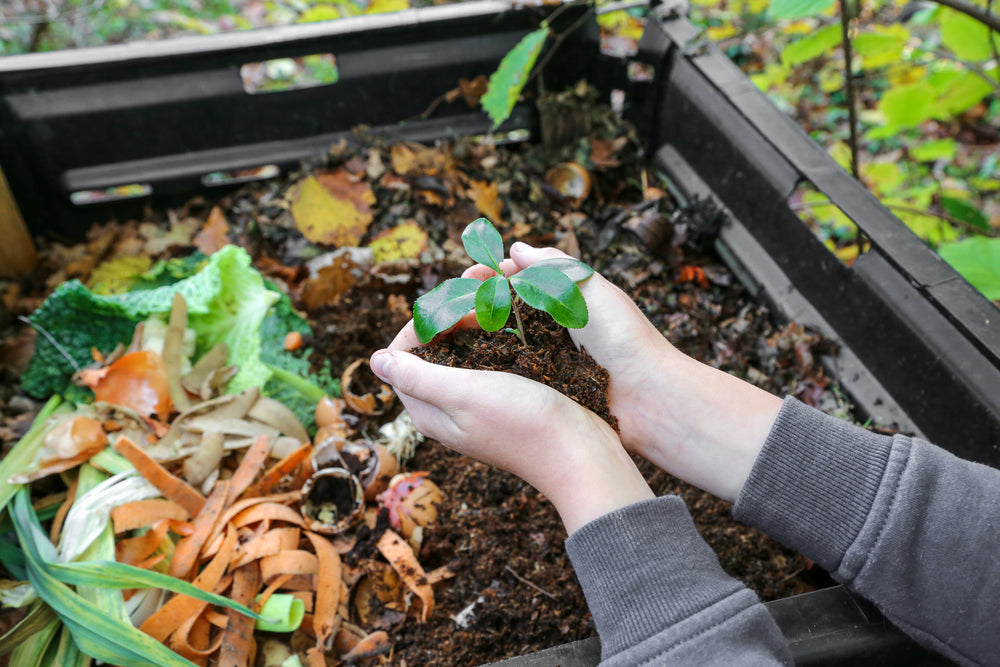 This article is for those who are ready to admit it finally... I don't know why people compost! Many articles explain how we can get started, but many of us are still stuck on the "why" we should get started. The term composting is thrown around quite a lot in conjunction with recycling and sustainable living, right? And sure, you have a vague understanding of what composting is and could throw around some buzz words like ''food scraps'' and ''biodegradable''. But if the truth is you don't know why people compost, don't worry; you aren't alone.
This article is for those who are ready to admit it finally... I don't know why people compost! Many articles explain how we can get started, but many of us are still stuck on the "why" we should get started. The term composting is thrown around quite a lot in conjunction with recycling and sustainable living, right? And sure, you have a vague understanding of what composting is and could throw around some buzz words like ''food scraps'' and ''biodegradable''. But if the truth is you don't know why people compost, don't worry; you aren't alone.
Let's break it down. So what are the benefits of composting?
Composting reduces waste which means less waste going to landfills and less greenhouse gas emissions!
Let's take a journey with our food scraps from your home to their final location. When we throw our food scraps into a standard bin, it heads to a landfill. Your food scraps will decompose at the landfill without access to oxygen (anaerobically). As food breaks down without oxygen, it produces greenhouse gases, mainly methane, making its way to the atmosphere and global warming. This is a different process to when food breaks down with access to oxygen which is the natural way that organic matter decomposes. When we compost at home, we can let our food scraps decompose the way they would in nature. This means we are reducing the waste from ever going to landfills and, in turn, cutting down greenhouse gas emissions.Composting improves your soil.
By composting, you add essential nutrients to the soil, which helps maintain the soil's quality. Composting is a more gentle approach than chemical fertilisers. It's better for your plant's growth and won't damage your plants in the same way chemical fertilisers can. Due to the higher amount of organic matter, the soil will also retain more water, air and nutrients, providing an ideal climate for your plants.By using your new composted soil, there is a reduced need for pesticides and synthetic fertilisers.
As we mentioned, the quality of the soil is better due to the nutrients in the compost. Therefore there is less need for pesticides and synthetic fertilisers, which means fewer harmful chemicals are being used on your watch!The water in the oceans is cleaner.
As all water eventually ends up in the ocean, a compost's ability to filter water ends up keeping our oceans cleaner. In addition, as mentioned above, using the new composted soil will reduce the need for chemical fertiliser alternatives which are one of the biggest polluters of our oceans.Composting heightens your awareness of food waste.
By having a practice that makes your questionable habits of wasting food more visible, you and your family will become more conscious of not wasting food. Composting is one of the ways we can move towards more mindful living and consumption. So there you have it; we hope a little bit of the fogginess around the importance of composting has cleared up. If you have any further questions regarding composting, please don't hesitate to get in touch or check out some of our fabulous products. If you are ready for the next step, check out our 'Beginner's guide to composting'. [pswp_products ids="891,23007"]Further reading https://www.addisoncountyrecycles.org/food-scraps/composting/101/why-compost https://www.nrdc.org/experts/lara-bryant/organic-matter-can-improve-your-soils-water-holding-capacity

